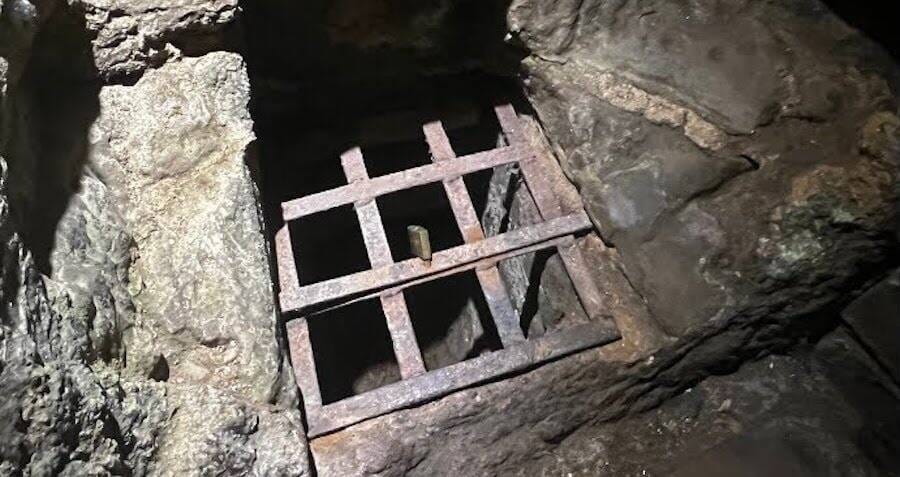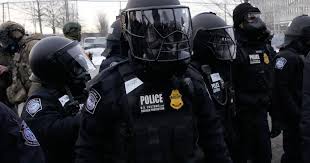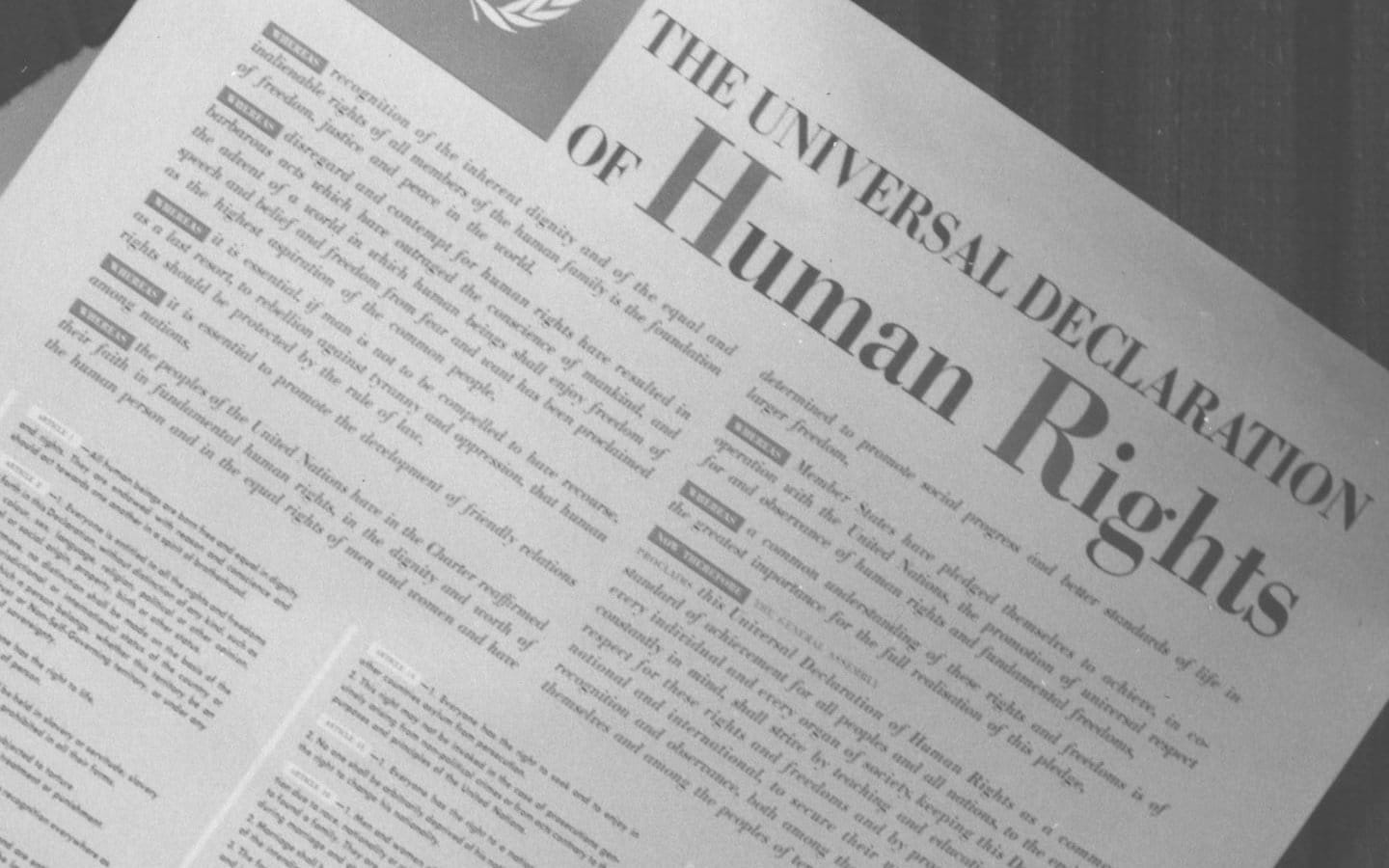The right to due process singularly demarcates democracy from autocracy or dictatorship. It is a right that has taken centuries to take its current form. It emerged first in twelfth century England and developed as it spread throughout the United Kingdom; to the American colonies and states; and finally to the United States, where it is enshrined in the U.S. Constitution, first in the Fifth Amendment and eventually also the Fourteenth. It has been a hard won protection against the raw power of governments. Donald Trump and his followers want to destroy it in the United States. We must not allow this.
In the veritable blizzard of litigation filed against the Trump regime, suits alleging due process violations span a wide range of factual situations.
Toggle for a non-exhaustive list of factual situations giving rise to Due Process claims against the Trump regime
Removal of immigrants from the United States; termination of foreign students' visas; withholding of funds from sanctuary cities; elimination of job protections for federal civil servants; the termination of USAID grants to partner organizations and the firing of USAID staff; layoffs and the elimination of certain departments at the Department of Education; revocation of collective bargaining at multiple federal agencies; the elimination of certain departments within the Social Security Administration; termination of grants to scientists from the National Institutes of Health; termination of federal funding to universities and colleges; a ban on transgendered persons serving in the military; the halt to refugee resettlement; the dismantling of the Institute of Museum and Library Services; suspension of Small Business Administration loans; freezes on distribution of federal funds to the states; access to White House press briefings for the Associated Press; and refusing certain law firms access to federal buildings, denying the firms' attorneys and staff security clearances, and requiring government contractors to report to the government whether they are clients of these firms.
Many of these suits also raise other kinds of claims, such as First Amendment challenges or violations of the separation of powers. But the due process claims go to the heart of the fight against dictatorship or autocracy.
Every claim against the federal government that argues a breach of due process is based on the Fifth Amendment. It reads:
No person shall be held to answer for a capital, or otherwise infamous crime, unless on a presentment or indictment of a grand jury, except in cases arising in the land or naval forces, or in the militia, when in actual service in time of war or public danger; nor shall any person be subject for the same offense to be twice put in jeopardy of life or limb; nor shall be compelled in any criminal case to be a witness against himself, nor be deprived of life, liberty, or property, without due process of law; nor shall private property be taken for public use, without just compensation.
Many of us have seen this text or heard quotations from it so many times that we may have become inured to its significance. Every provision protects any person - any person, not just U.S. citizens - from encroachment by an overreaching government. The amendment lays out a web of safeguards, some specific to criminal defendants, others more general. The most general clause prevents the federal government from taking anybody's life, liberty, or property without "due process" of law. This clause is what protects each person – each person who, when combined with others, constitutes "We the People," the sovereign of the United States – from being killed, imprisoned, or impoverished by the government unless the government follows a procedure set out in law. To qualify as "due" process, that procedure must have the government set out grounds for the deprivation it seeks; the person who would suffer the deprivation a meaningful opportunity to rebut those grounds; and it must include a fair decision-maker for the dispute.
The Fifth Amendment means that the government cannot go rampaging. Without giving a lawful reason and a chance to show the reason's invalidity, the government may not kill us or otherwise harm our bodies; it may not detain or imprison us; and it may not take our money or other financial assets. This is not so in countries led by autocrats and dictators. They may kill, maim, jail, and steal from the people in their countries without giving any reason, without having to go through any legal process, and without ever giving anybody a chance to contest what is being done.
When Donald Trump endangers the lives of immigrants and curtails their liberty by detaining them and does not give each one a meaningful opportunity to object to his actions, he disregards due process of law. Same for when he issues a sweeping order to end people's employment or to cut off a stream of funds to persons or to organizations or to universities or to deny employment to people because of their gender or to prevent some people from pursuing their livelihood and so on and on and on.
Trump wants absolute power to treat people in the United States however he chooses, wholly unfettered. At bottom, the legal right each of us has that prevents this is our right to due process of law. In the United States that every person is accorded this right is the cornerstone of our popular sovereignty. Not one of us, no matter how heinous or despised, can be deprived by Donald Trump – or by Kristi Noem, or the head of DOGE or OMP, or or any other federal government official – of our life, our liberty, or our property without a legally valid reason which we have had the chance to refute before an appropriately impartial decision-maker.
So keep an eye out for whether federal courts permit due process claims and when and whether those who bring these claims prevail on them. Pay heed to whether the Trump regime abides by judicial orders to provide due process. We need to care about every person and group who at all plausibly argues that the Trump Executive Branch is interfering with their life or their physical safety; their liberty; or their livelihood, whether it comes through their job earnings or through a government grant or entitlement they were promised. Only by demanding due process of law for one another can we invigorate the Fifth Amendment and realize its power to secure democracy in the United States.
Learn about organizations litigating due process claims on behalf of their clients on our Links page. Of special note: Democracy Forward, the American Civil Liberties Union-National, and the ACLU-New Mexico.















